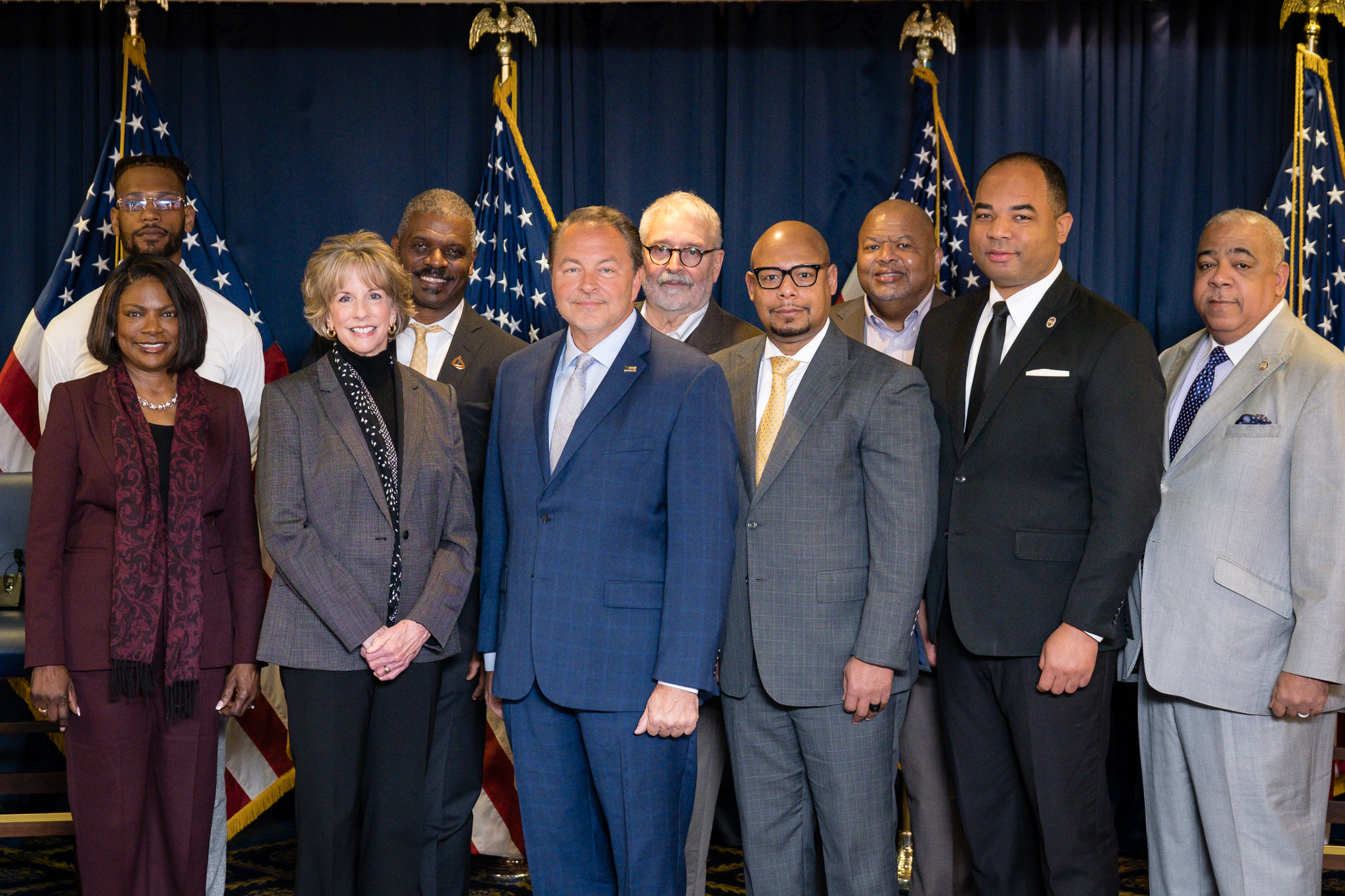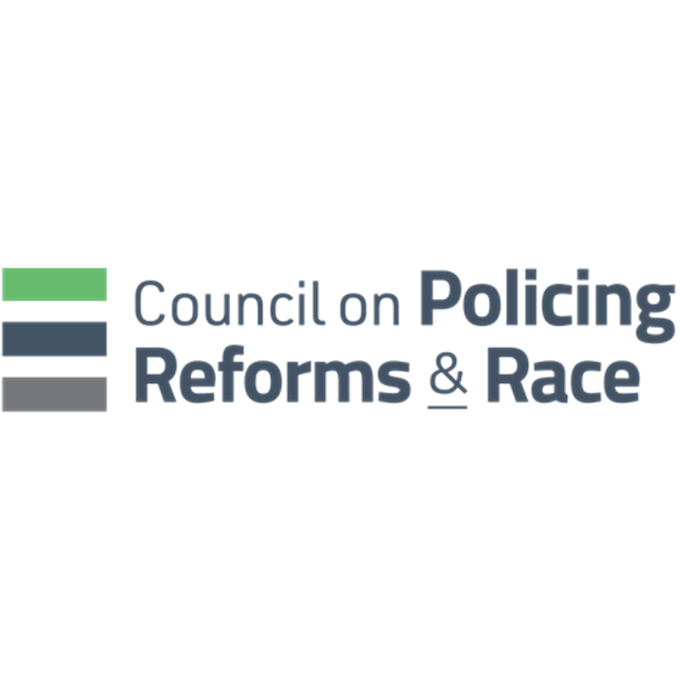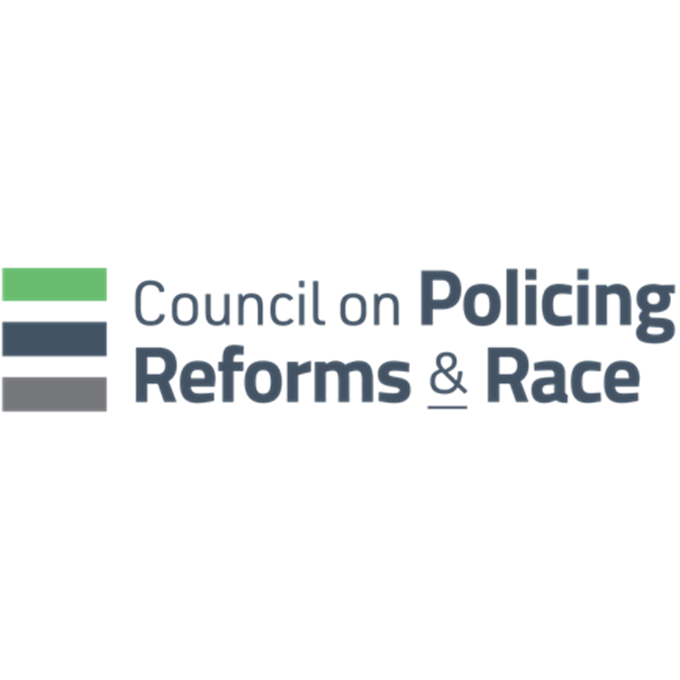These recommendations can be used as a roadmap for policymakers, political officials, police executives, and community leaders interested in enhancing public safety.
January 25, 2023
Washington, D.C. – The issues facing policing reform and race are deeply entrenched. Today, the Council on Policing Reforms and Race (Council) officially unveiled more than fifty research-informed recommendations to help address some of the most pressing issues facing policing and public safety. These recommendations can be used as a roadmap for policymakers, political officials, police executives, and community leaders interested in enhancing public safety.
“The issues and interactions that police face are often complex, and the need for new, research-informed recommendations is paramount,” said Council Co-Chair and former Congresswoman, Val Demings. “If we are serious about having better police practices, then we must also prioritize creating stronger communities: when we talk about better policing, we must also recognize the need to address the larger issues in our communities including affordable housing, better education for our children, higher wages, and lifting our communities out of poverty.”
The murder of George Floyd and numerous other events of police-involved violence required a new approach to police and criminal justice reform. In 2020, the National Policing Institute, a non-partisan, non-profit organization, convened the Council as an independent body to identify opportunities for policing reforms with a focus on addressing racial disparities. The Council’s members included young people, community members, business and faith leaders, law enforcement leaders, and researchers. Council members came together to develop these recommendations that reflect a comprehensive and research-based approach to addressing policing and race.
“The Council’s recommendations are an example of people from all walks of life coming together to improve policing in our country,” said James Forman, Jr., Professor of Law at Yale Law School and Council Co-Chair. “We are all committed to creating new ways of approaching public safety and policing practices that are fairer, more just, and more equal, and the recommendations unveiled earlier today reflect this commitment.”
The Council developed recommendations related to traffic stops, mental health and substance abuse, body-worn cameras, community-based violence prevention, the culture of policing, fines and fees, policing in schools, and other important aspects of policing. Some of the specific recommendations include:
- Traffic Stops
- Reduce reliance on traffic stops and evaluate alternative approaches to safety.
- Abolish performance incentives and quotas based on the volume of traffic stops.
- Change laws and policies regarding the use of pretextual stops.
- Body-Worn Cameras
- Body-worn cameras should be used by officers in every law enforcement agency.
- Engage the community in the development of body-worn camera policies and practices.
- Community-Based Violence Prevention
- Community-based violence prevention and intervention strategies should be data-driven, tailored to neighborhood needs, and focused on at-risk individuals and locations.
- Community-led, community-based public-health approaches to reducing violence, including capacity-building, should be well supported with additional resources.
- Culture of Policing
- Law enforcement agencies should move away from an aggressive, control-oriented model of policing and towards a culture of community safety and service.
- Create a culture that encourages early intervention and active bystandership and protects them against retaliation.
- Promote a culture of wellness for officers and support their families in coping with the pressures and strains of the job.
- Data Collection, Analysis, and Reporting
- Every law enforcement agency should issue an annual report and include open and transparent data on key activities, traffic and pedestrian stops, searches, and arrests, and document any impact and outcomes, including disparate impacts to the community.
- Fines and Fees
- Law enforcement officers should not be assigned to collect fines and fees imposed by statutes and implemented by the criminal justice system.
- Law enforcement agency budgets should never be tied to revenue generated through law enforcement activity.
- Warrants for non-criminal matters, including unpaid fines and fees or failure to appear at traffic hearings, should not be served by officers.
- Mental Health and Substance Abuse
- Non-violent individuals with substance use disorders should be diverted from the criminal justice system to community-based treatment services.
- Local non-police crisis response teams (also referred to as alternative responders) should respond to non-violent persons in crisis, stabilize the situation without relying on the criminal justice system interventions, and connect the individuals to resources and treatment.
- Pedestrian Stops
- Pedestrian stops, which allow officers to temporarily detain, question, and search a person once constitutional thresholds have been reached, should be limited to those with a clear public safety impact and the potential for misuse and harm must be recognized.
- Police Training
- Review the role of Field Training Officers (FTOs).
- Evaluate the impact of training on officer behaviors and performance.
- Policing in Schools
- The role of school-based officers should be clearly defined and limited to addressing serious crimes and threats involving students or the school itself.
- Communities should explore, implement, and evaluate discipline and safety alternatives to using sworn law enforcement officers in schools, absent a clear, compelling, and continuing reason to do so.
The Council held a press conference on Wednesday and featured remarks from the Council co-chairs; James Burch, President of the National Policing Institute; Reverend Jeffrey Brown; Michael Harrison, Commissioner of the Baltimore, Maryland, Police Department; and Rod Brunson, Ph.D., Professor of Criminology at the University of Maryland.
The Council’s recommendations were based on two years of facilitated conversations as well as interviews with subject matter experts who briefed members on current research and practices on critical areas affecting race and policing.
Read the complete list of recommendations and supporting research here.

National Policing Institute President Jim Burch, and Board Member, Susan Rahr, joined the Council members in the photo but did not serve on the Council.
###

Highlights
- The Council published more than 50 research-informed recommendations to improve public safety.
- The Council was convened in 2020 by NPI to serve as an independent body to identify opportunities for policing reforms with a focus on addressing racial disparities.
- The Council developed recommendations related to traffic stops, mental health and substance abuse, body-worn cameras, community-based violence prevention, the culture of policing, fines and fees, policing in schools, and other important aspects of policing.
Media Contact
For media inquiries, please contact Nikita Sibley at councilprr@rabengroup.com
Share
Strategic Priority Area(s)
Topic Area(s)

Highlights
- The Council published more than 50 research-informed recommendations to improve public safety.
- The Council was convened in 2020 by NPI to serve as an independent body to identify opportunities for policing reforms with a focus on addressing racial disparities.
- The Council developed recommendations related to traffic stops, mental health and substance abuse, body-worn cameras, community-based violence prevention, the culture of policing, fines and fees, policing in schools, and other important aspects of policing.
Media Contact
For media inquiries, please contact Nikita Sibley at councilprr@rabengroup.com
